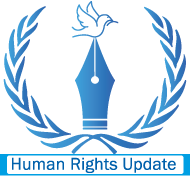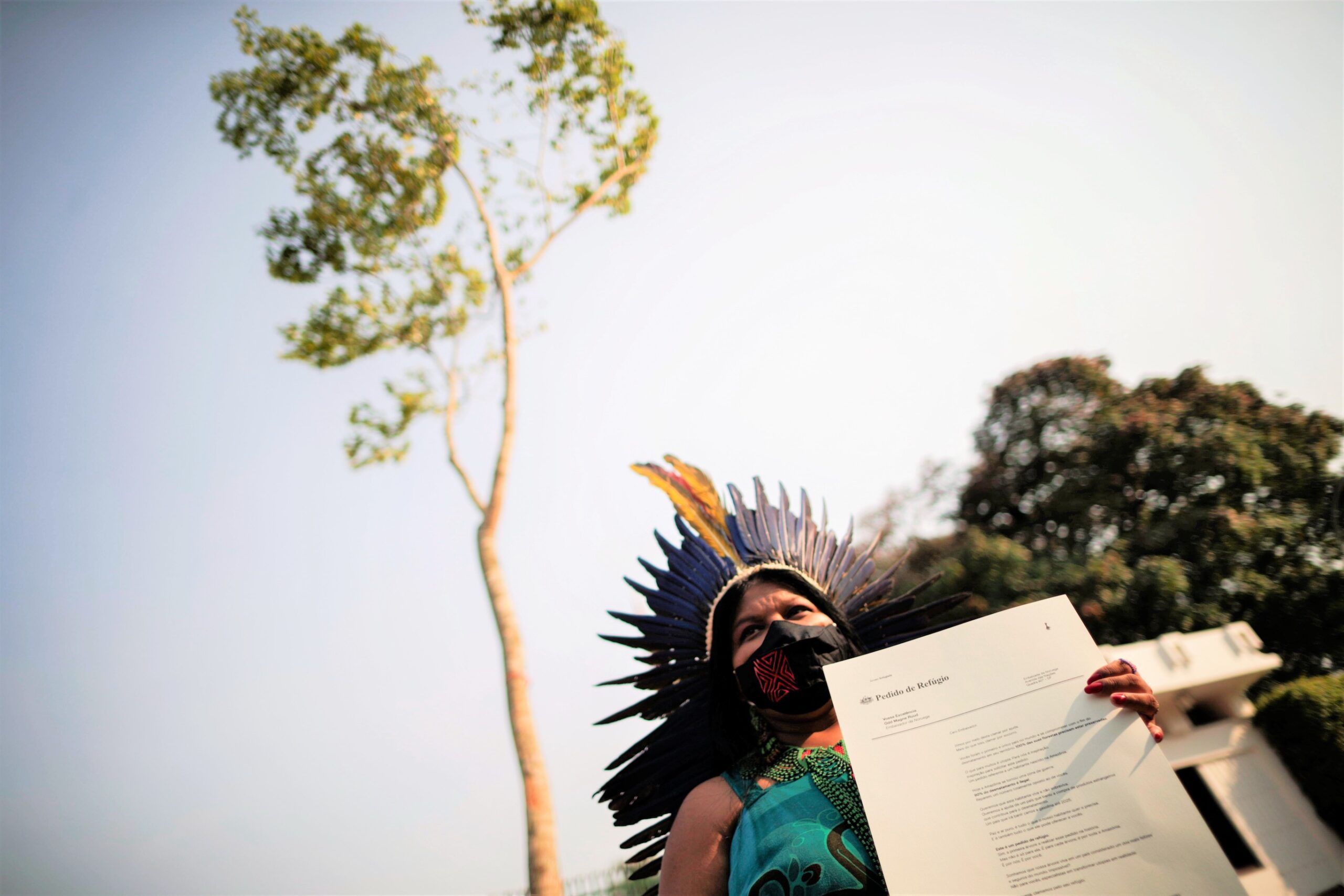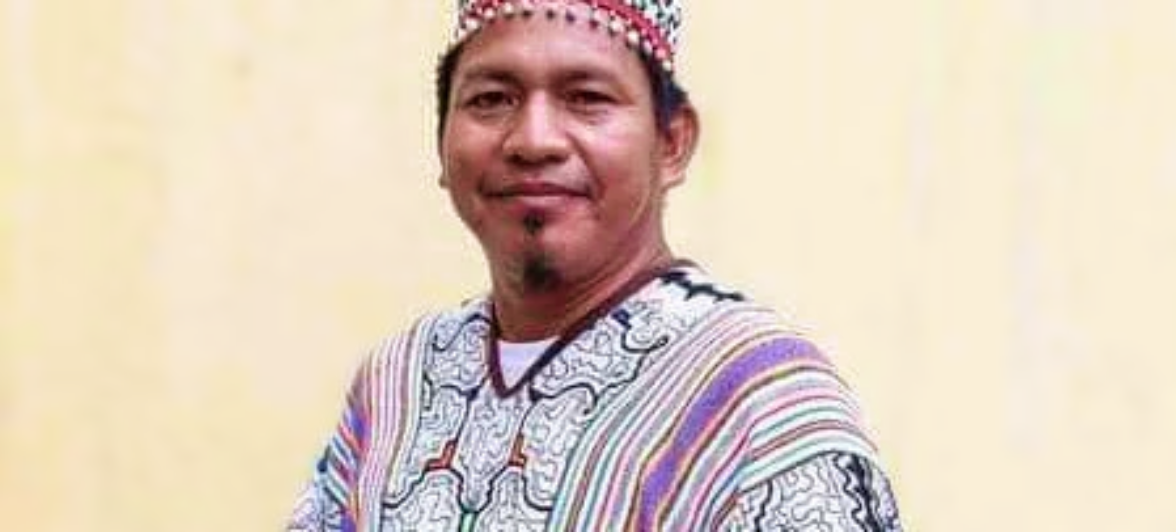Special Correspondent: In a shocking development, former Inspector General of Bangladesh Police Benazir Ahmed has been accused of severe human rights violations, including enforced disappearances, extrajudicial killings, and political suppression, during his tenure as the director general of the Special Police Rapid Action Battalion (RAB) and later as police chief. The accusations have surfaced amidst an internal conflict with Prime Minister Sheikh Hasina, highlighting a complex web of corruption and political intrigue.
Benazir Ahmed, who retired on September 30, 2022, after serving for over 34 years, faces allegations of orchestrating the disappearances of over 600 political activists and dissidents under orders from Prime Minister Sheikh Hasina. These disappearances were part of a broader strategy to suppress opposition parties and consolidate political power. During the 2018 elections, Ahmed is reported to have utilized police resources to favor the ruling party, further undermining democratic processes in Bangladesh.
A significant incident under Ahmed’s command was the violent crackdown on Hefazet Islam activists in Shapla Chatwar, Dhaka. As the Commissioner of Dhaka Metropolitan Police, Ahmed allegedly ordered law enforcement to open fire on protestors, resulting in over fifty deaths and the subsequent disappearance of their bodies. This brutal action was part of a broader pattern of using state forces to intimidate and eliminate opposition.
Following his retirement, an agreement was purportedly made between Sheikh Hasina and Benazir Ahmed to appoint him to a technocrat ministry. However, this agreement fell apart, leading to an internal power struggle. Recent reports indicate that Prime Minister Hasina has taken steps to discipline Ahmed, including exposing his involvement in gold smuggling and other corrupt practices. Member of Parliament Anwarul Azim Annar, a known associate in these illicit activities, was allegedly sent to India and killed on Hasina’s orders in April.
Bangladesh’s Anti-Corruption Commission (ACC) has initiated an investigation into Ahmed’s vast wealth, leading to a court order to freeze his assets. These include four luxury flats in Dhaka, extensive land holdings, numerous bank accounts, and company shares. Despite these actions, it is reported that Ahmed and his family have already withdrawn significant amounts from their bank accounts.
Then, Benazir Ahmed directly called Sheikh Hasina and threatened that if the charges against him were not settled and his family was not allowed to leave the country safely, he would reveal that all the enforced disappearances and murders in Bangladesh were due to Prime Minister Sheikh Hasina. He also claimed that Sheikh Hasina was involved in all international crimes at her behest. This led to a negotiated compromise, brokered by current Inspector General of Police Abdullah Al Mamun, ensuring Ahmed’s departure from Bangladesh. Ahmed and his family reside in Dubai, with assistance from the Prime Minister’s office.
When contacted by email, Benazir Ahmed replied, “It is true that I have served as an influential official in Bangladesh for many years. I did what I did on the instructions of the honorable Prime Minister. I don’t care that the US has sanctions against me. I am not corrupt. All the wealth my family has was a gift from Prime Minister Sheikh Hasina. Essentially, Bashundhara Group wants to pay 1,000 crore Taka (85,470 USD) to the government of Bangladesh. I have a dispute with Bashundhara Group, which I hope will be resolved soon.”
Ahmed’s tenure has left a legacy of fear and repression. His alliance with Dubai-based underground terrorist Aarav Khan, for whom an Interpol arrest warrant is pending, underscores the depth of his criminal connections. Khan, wanted in Bangladesh for murder, received extensive support from Ahmed during his time in power.
These revelations have sparked widespread outrage among human rights organizations and the international community, who are calling for comprehensive investigations and accountability for the abuses committed under Ahmed’s command. The United States had previously imposed sanctions on Ahmed and several RAB officers on December 10, 2021, for their roles in human rights violations. The recent developments highlight the urgent need for transparency and justice in Bangladesh’s law enforcement and political systems.






